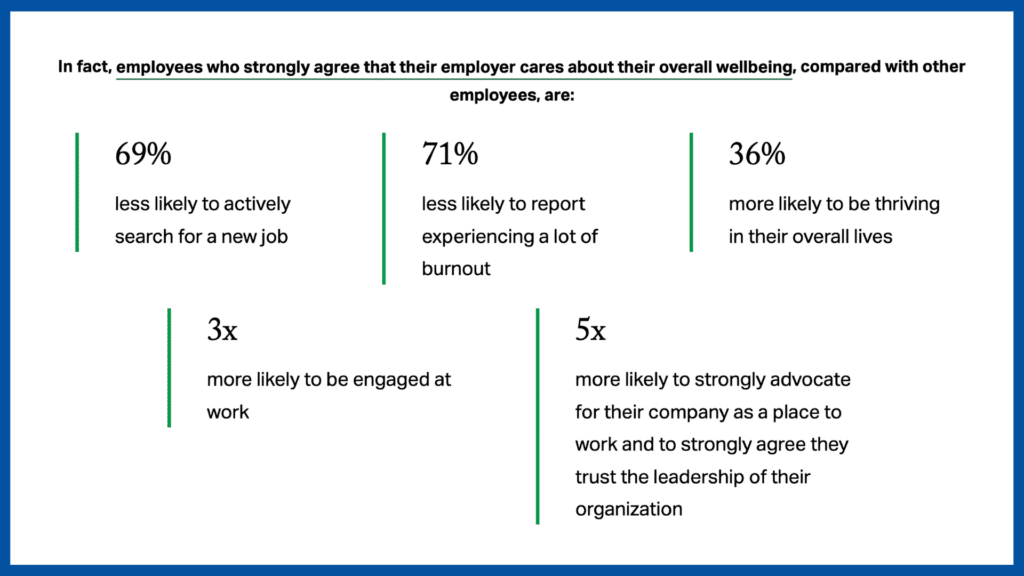Who are your leadership heroes? To be sure, there are many to choose from: Martin Luther King, Abraham Lincoln, George Washington, Sun Tzu, General Patton, Winston Churchill, Nelson Mandela, Mahatma Gandhi, Jesus Christ, Maharaja Ranjit Singh, and the prophet Muhammad. And they are just the tip of the iceberg. One of my leadership heroes is Fezziwig. Do you remember him? He was Ebenezer Scrooge’s first boss in Charles Dickens’ classic novel, A Christmas Carol. When it comes to the science and practice of leadership, Fezziwig, or I suppose Dickens was a man ahead of his time. There is plenty of research that sheds light on what we can learn from “old Fezziwig.”

In a recent BBC article, the results of The Kindness Test reveal that 96% of the respondents said that kindness at work was important to them. Further more, employees who saw their supervisor as kind were more likely to stay at their company for at least another year. That can represent a savings for your company of over $300,000: the cost to replace an employee!
These findings are consistent with the research of psychometrician, Joe Folkman, who found that the vast majority of leaders rated as likable were also rated as successful. Conversely, from that same sample of 50,000 evaluations, being successful but not likable showed up in only every 1 in 2,000 responses. Do you want to be successful? Be likable. Try a little kindness.
Still not convinced? Research from the Gallup organization affirms the research above. There is a direct correlation between employee wellbeing and company productivity and success. An employee who is struggling is twice as likely to change jobs than an employee who is thriving. That same employee will probably take 12 unplanned sick days each year compared to the 2.5 average of healthy workers. Annually, it is estimated that businesses lose over $47 billion annually! Improving employee engagement is a great first step to employee thriving.

Furthermore, an engaging workplace is an attractive workplace. Seventy-one percent of Employees who feel cared for strongly advocate for their company. In other words, your employees become your best recruiting strategy. They are also more likely to recruit the best talent because they don’t want to poison their own well.
What is the cost of kindness? How much time does it take to offer a kind word or to simply smile? Then, consider the gain when an employee grows and becomes more capable in their job skills and/or interpersonal skills! As Scrooge observed, the expense is minimal and the payoff is extravagant.
Of Fezziwig, Scrooge said: “He has the power to render us happy or unhappy; to make our service light or burdensome; a pleasure or a toil. Say that his power lies in words and looks; in things so slight and insignificant that it is impossible to add and count ‘em up; what then? The happiness he gives is quite as great as if it cost a fortune.”
So, the time is now to stop paying lip service to the expression, “culture is king.” There is a growing body of research that demonstrates a positive correlation between a culture of kindness/employee well-being/employee care and a company’s profitability. That profitability comes from increased production and attention to detail, higher retention, fewer sick-days, and a culture that attracts top talent. Take a lesson from Scrooge and be more like old Fezziwig and less like Scrooge. Ironically, you will be more profitable.
